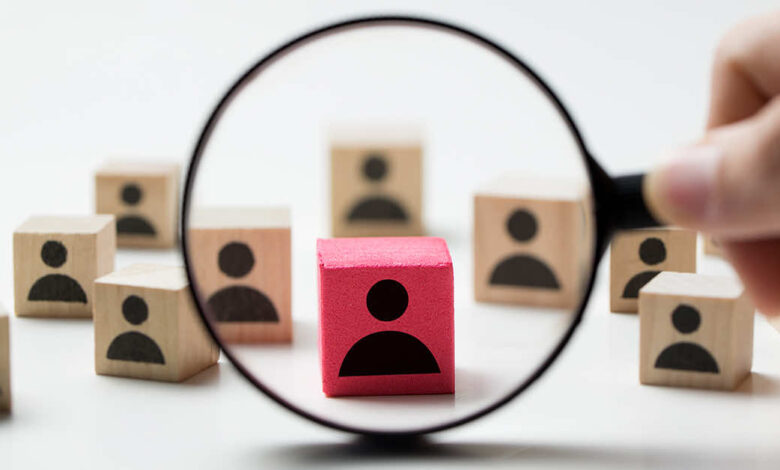What are most common issues that HR deal with?

Human resources. Suppose you’ve worked in an office before you may know them as the people who deal with the payroll or the employment recruitment drives. In reality, however, they do all that and so much more.
Most businesses would struggle to function without their HR departments, which is why companies of all sizes need to understand the most common issues that they may be facing. That way, they can provide their HR departments with the support and technology that they need to succeed – you’ll find more information on the latest HR software for marketing teams here, just click the link.
Here we’ll explore the most common issues that an HR department has to deal with:
1. Health and safety
It’s a topic very few of us are interested in, in fact, most office meetings about health and safety regulations are usually met with groans and wide yawns. However, if you’re an HR representative then it’s more than just dull legislation. Not only does HR have to create, document and regulate health and safety in the workplace, they also have to present their efforts to the rest of the company and (crucially) deliver it successfully.
Keeping the workforce safe and engaged in the importance of health and safety isn’t easy!
2. Discrimination
Sadly, in some workplaces, discrimination is still a problem. Using the law and their knowledge as guidance, HR reps can advise and provide company policies that reflect the company’s standpoint on discrimination in the workplace. These kinds of documents protect the company and any employees who feel they may have been discriminated against.
HR reps will also handle any incidents involving discrimination and ensure everything is properly documented, calling upon their good organisational skills and their knowledge of company policy.
3. Disciplinary action
When something has gone wrong in the workplace, it’s HR’s job to ensure that both sides of the issue are dealt with accordingly. This means following strict disciplinary guidelines and company procedures as well as full documentation of everything that is said and done throughout the process.
Disciplinaries can sometimes prove to be long, drawn-out processes – this is why good filing systems and organisation are crucial for HR workers.
4. Recruitment
Without this, HR businesses would struggle to find the right kind of employees to help propel the company forward. Finding the right candidates isn’t easy, so it’s HRs responsibility to search for talent in all the right places. Whether that’s networking through social media, headhunting at industry events or even incentivising current employees to help.
Once the right candidates have been found, HR then has to create a stringent recruitment process as well as implanting training and ongoing support for new starters.
5. And finally, payroll
If no one gets paid, then businesses would fold fast. Another task that HR has to juggle is the payroll system. This isn’t just a case of getting everyone their pay-packet on time, it’s also ensuring they’re being paid the right amount, and that annual leave or sick days are being taken into account, that benefits are being implemented, bonuses are correct, and any deduction, and are also performed.
It’s hard work, but luckily you have your HR department to take care of it all for you!



